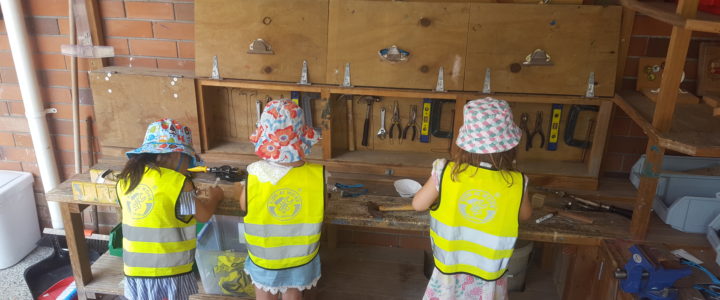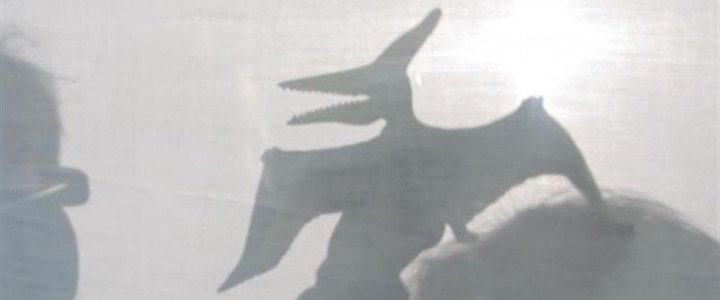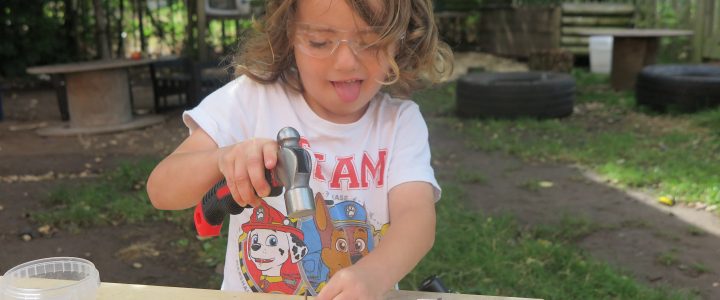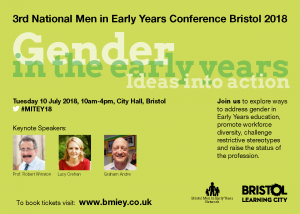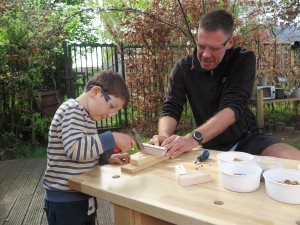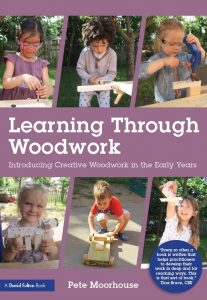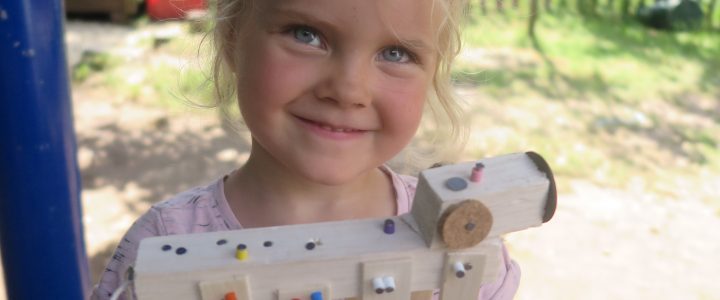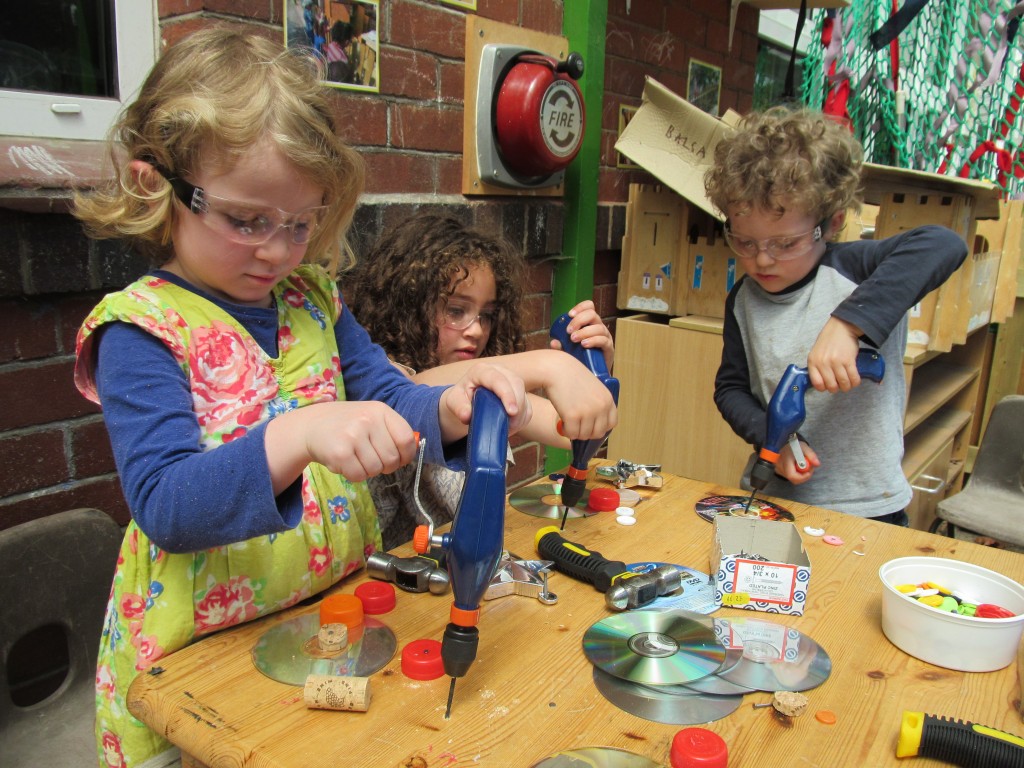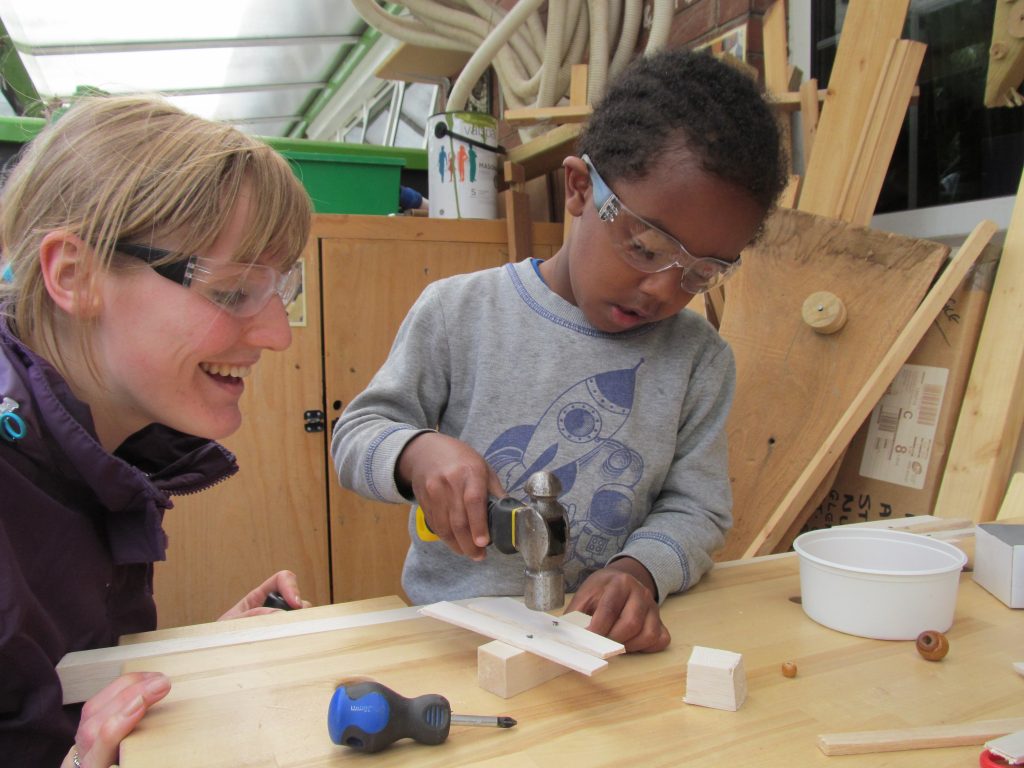Researching the rich potential of creative woodwork in early childhood education
Winston Churchill Fellow 2018- update
My research abroad is now almost complete. The final leg will be to Sweden. It has been such a privilege to travel as a Churchill Fellow – and it has certainly opened up many doors. Through my trips I’ve met leading researchers at Harvard University, The mayor of Helsinki, The director of education for Finland, and many leading academics, authors and policy makers in New Zealand, as well as a great many passionate and dedicated teachers.
I have been overwhelmed by everyone’s generosity, with people often dedicating half a day of their time to being interviewed, having in-depth discussions and showing their provision. (But no-one let on just how much time it takes to set up and coordinate all these appointments!)
My research has been looking into the value of woodwork and making in early childhood education, looking at countries that have well-established provision or have innovative practice. There is wealth of rich practice out there ranging from the well-established making in Finland both in early years and primary education. Every primary school has designated technology spaces for woodwork and fabric work and their work is often directly connected to other areas of learning. In the USA the rise of the maker movement has had a phenomenal impact on education with many schools adopting ‘tinkering labs’ or ‘makerspaces’. In New Zealand woodwork is firmly established in early years settings – it was a delight to see the engagement of very young children working on their models with real tools.
Practical work is highly valued in many cultures but in the UK we have very mixed messages. The sad reality is that the majority of UK school children never get to use tools in their entire education – early years, primary or secondary. Less than half schools in the UK even offer D&T at GCSE level and courses are being cut almost weekly due to funding and EBacc prioritisation marginalising arts and technology. Meanwhile the government is saying we need more students with practical skills and we need to encourage more students to go into manufacturing, engineering and science. In terms of early years we are also dealing with new challenges – for a generation that is learning to swipe before they can walk we desperately need more hands-on experiential learning.
From my research the value of working with tools is clear. Woodwork is a truly cross-curricular activity embracing all areas of learning. Children almost universally seem to enjoy working with tools, with hands and minds working together and we see extraordinary levels of sustained engagement with high levels of persistence. Raised self-esteem and confidence is central and all teachers highlighted just how important woodwork can be for developing children’s creative and critical thinking skills as children express their imagination and problem-solve. The benefits are truly wide ranging: increased physical development, enhanced well-being, increased sense of agency – that can-do spirit, mathematical thinking, scientific knowledge, artistic expression, craft and design thinking and all of these combine to have a profound impact on children’s learning and development. They are becoming the designers, creative thinkers, architects, engineers of tomorrow. Woodwork also provides a wonderful foundation to go on to more technical ‘making’ incorporating electronics and computing.
I have been in the fortunate position that I get to present regularly at national and regional conferences as well as deliver regular training to teachers so in that way I have almost immediately been able to share findings from my research trips and hopefully these inspire others and already start to have an impact on provision here in the UK. I am now in the process of establishing the Early Childhood Woodwork Association in the UK and The Big Bang Project to further research woodwork and promote woodwork both here in the UK and overseas. I’m looking forward to the final phase in Sweden and then working out just how I can best use this knowledge, how to best make waves in the media and how to really have the greatest impact on provision here in the UK.

